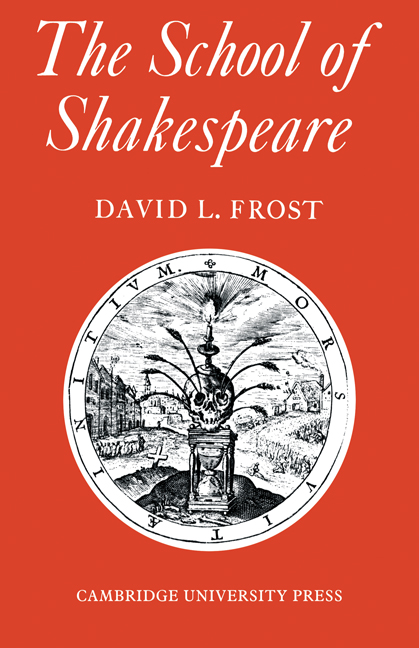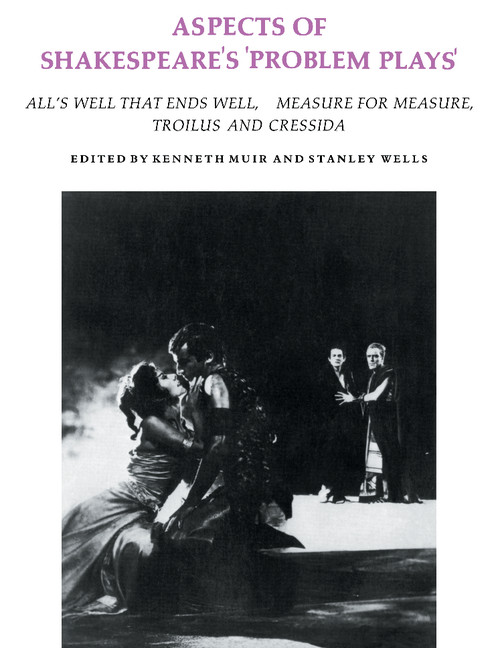Security, Fiscal Policy, and Sovereignty in Renaissance English Literature
Taxation was a central challenge for England's rulers during the Renaissance, and consequently became a major theme for some of the period's greatest writers. Through close readings of works by Thomas More, Christopher Marlowe, William Shakespeare, George Herbert, and John Milton, David Glimp reveals how these writers and others grappled with the period's expanding systems of taxation and changing understandings of collective security. Such debates involved questions of political obligation, what it meant to be safe, and the nature of political community itself. Challenging dominant understandings of Renaissance sovereignty, Glimp explores in greater detail than ever before how early modern authors thought about and engaged the fiscal realities of government. From Utopia to Paradise Lost, his groundbreaking analysis illuminates how Renaissance literature addressed concerns about fiscal policy, state power, and collective wellbeing and will appeal to scholars of Renaissance literature, political theory, and economic history alike.
- Explores in greater detail than ever before how early modern authors thought about and engaged the fiscal realities of government, tracing a historically rich moment in the long tradition of literary responses to governmental controversy
- Challenges dominant understandings of sovereign authority in the period, showing how fiscal reality limited and often undermined the seemingly decisive power of Early modern English rulers
- Reveals how a striking majority of authors engaged with the unsustainability of growth through imperial expansion, foregrounding geopolitical reality and national security as central concerns in the Renaissance literary imagination
Reviews & endorsements
'Nothing is certain but death and taxes, yet David Glimp finds that these certainties are always accompanied by a perplexing uncertainty especially amenable to literature. His book traces and renders legible the large-scale social question embedded in minutiae of taxation and state security, showing how Marlowe, Herbert, and Milton were all, in their own ways, drawing upon fiscal language to ask what the common good might mean.' Christopher Warley, Professor of English, University of Toronto
'In Fiscal Policy and the Limits of Sovereignty in Renaissance English Literature,David Glimp offers a nuanced examination of how the administrative realities of funding collective security and managing risk in early modern England shaped literary culture. In deft readings of works by Thomas More, Christopher Marlowe, William Shakespeare, George Herbert, and John Milton, the book identifies what amounts to a 'fiscal poetics,' hiding in plain sight, that transforms our sense of the relationship between writing and security in the period.' Julian Yates, H. Fletcher Brown Professor of English and Material Culture Studies, University of Delaware
Product details
November 2025Hardback
9781009618809
280 pages
229 × 152 mm
Not yet published - available from November 2025
Table of Contents
- 1. Security dilemmas: towards a fiscal poetics
- 2. Funding Utopia: security, fiscal policy, and humanist association
- 3. Marlowe's treasuries
- 4. Sovereignty and security dilemmas in William Shakespeare's history plays
- 5. George Herbert's fiscal theology: sovereignty and insecurity in the temple
- 6. Metasecurity dilemmas in John Milton's late poems
- Coda: the heart of the matter: the security of the humanities
- Endnotes
- Works cited
- Index.






